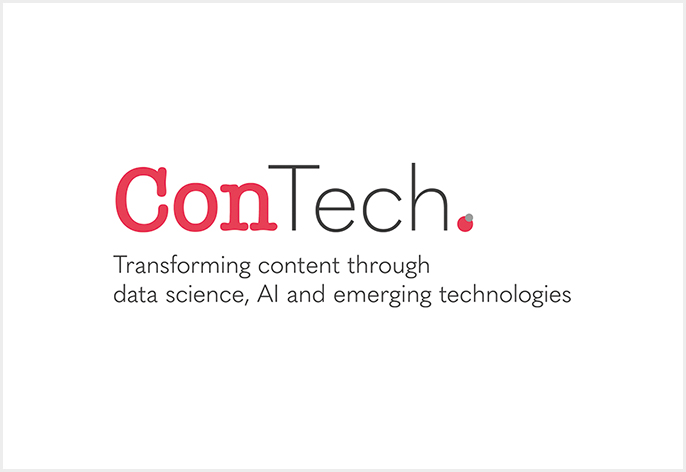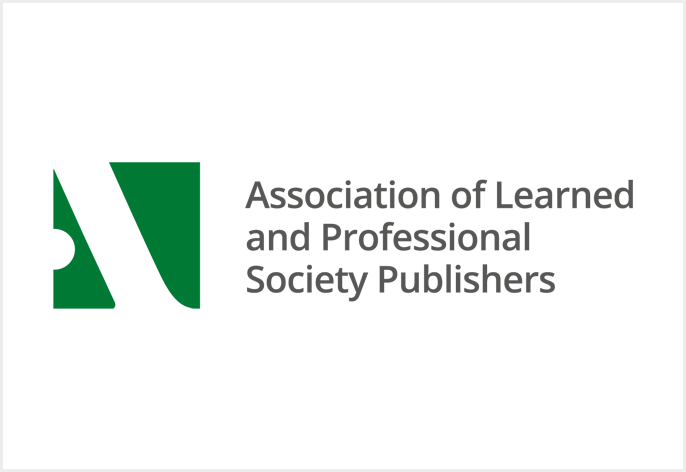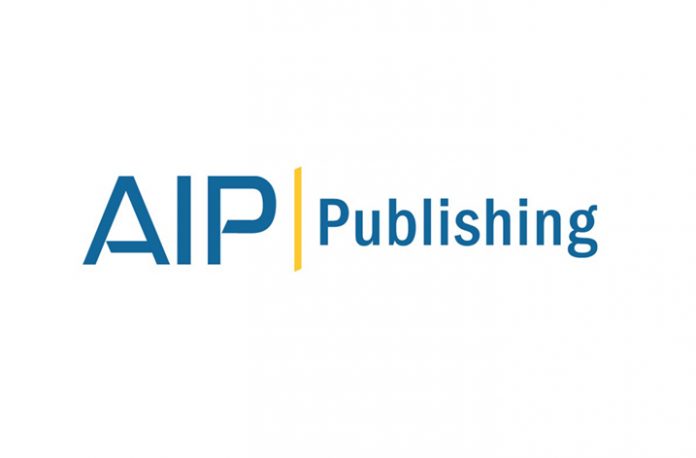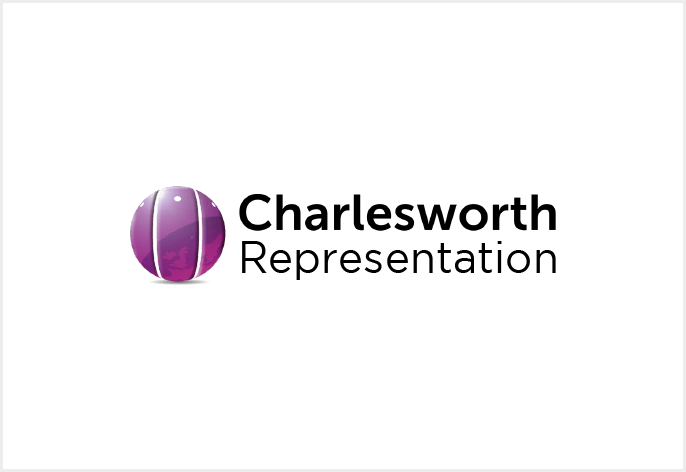eLife is pleased to announce today that its four funders, the Howard Hughes Medical Institute (HHMI), Knut and Alice Wallenberg Foundation, the Max Planck Society and Wellcome, are extending their support for the non-profit organisation. The new investment will boost eLife’s efforts to openly review and curate research published as preprints.
eLife is transforming research communication to create a future with a diverse, global community of scientists producing trusted and open results for the benefit of all. The open-access eLife journal was the first step in this initiative. Now, in response to the increasing popularity of preprints, the organisation has moved to a new ‘publish, then review’ model of scientific publishing that emphasises preprints and public reviews.
“We’re delighted that our funders have agreed to invest further in eLife and the ‘publish, then review’ model of science,” says Toby Coppel, Chair of eLife’s Board of Directors and Partner at Mosaic Ventures in London. “Everything that eLife is doing to improve publishing, technology and research culture reflects the strong change agenda of these and other research funders, and we look forward to continuing our work with their support. We cannot express enough gratitude for their ongoing support of an open future for scientific publishing.”
The new funding will allow eLife to advance its vision for a system of curation around preprints that replaces journal titles as the primary trust indicator of a paper’s perceived quality and impact. As part of this vision, a dedicated team within eLife is developing the Sciety platform that brings preprint evaluation and curation together in one place, helping people navigate the growing preprint landscape.
Cheryl Moore, Director of Research Programmes at Wellcome, says: “We support the development of new technology that allows publishers to operate journals based on the review and curation of preprints, as this model clearly holds tremendous benefits for science and research. As such, we’re pleased to back eLife’s work on projects such as these that aim to improve the culture and practices of scientific publishing.”
Erin O’Shea, President of HHMI, adds: “From the beginning, eLife has worked to overcome old publishing constraints, making it possible for researchers to communicate new science efficiently. We’re pleased with eLife’s innovations and look forward to continuing to support shared efforts to make research communication more open and beneficial for all.”
The Max Planck Society – eLife’s third founding partner after HHMI and Wellcome – and Knut and Alice Wallenberg Foundation have also renewed their funding with interest in eLife’s open-source technology innovations to enhance the communication and use of research results online.
Ulman Lindenberger, Vice President of the Human Sciences Section of the Max Planck Society, and a representative on eLife’s Board of Directors, says: “The Max Planck Society strives towards making scientific results easily accessible. We and eLife share the view that there is an ongoing need for innovation in scientific publishing, including the search for more efficient ways of assessment and dissemination. We look forward to continuing our work with eLife over the coming years.”
Siv Andersson, Director of Basic Research at Knut and Alice Wallenberg Foundation, adds: “The development of new technologies and models to ensure rapid publication and evaluation of scientific results in an open manner will be of great benefit to all. We are pleased to support the continued development of principles and platforms that provide added value to scientific publishing.”
With the new funding, eLife will meet its 10-year milestone next year in a strong position. eLife’s Editor-in-Chief Michael Eisen has expressed his gratitude to all of the funders for their backing. “The new model for the publication, review and curation of preprints is the future of science publishing,” he says. “We’re grateful for the support of our funders that has allowed us to be at the head of this movement, and excited to work with our community of researchers on this essential endeavour.”
For details on eLife’s progress from 2012 to 2020, please see our annual reports.

































